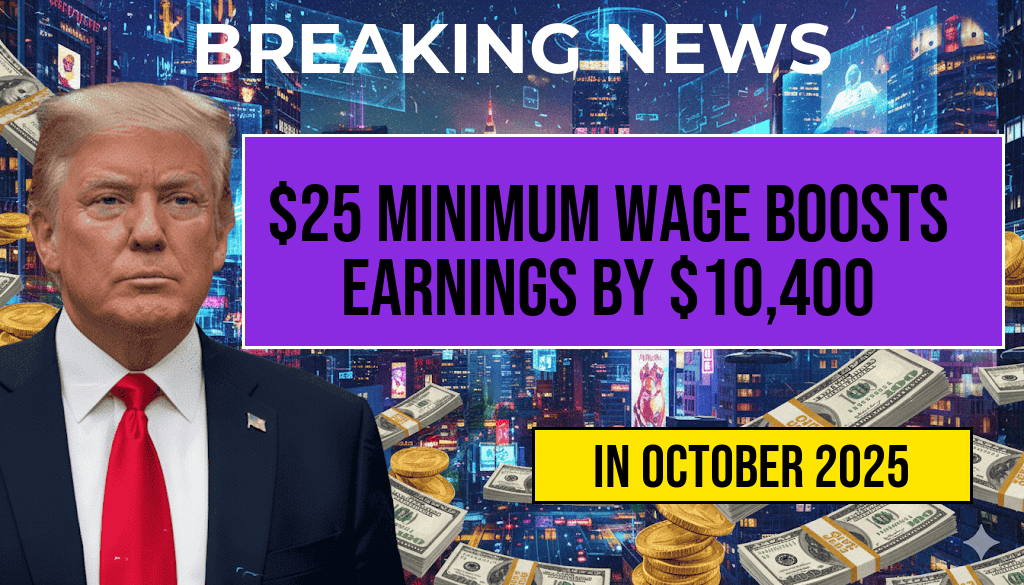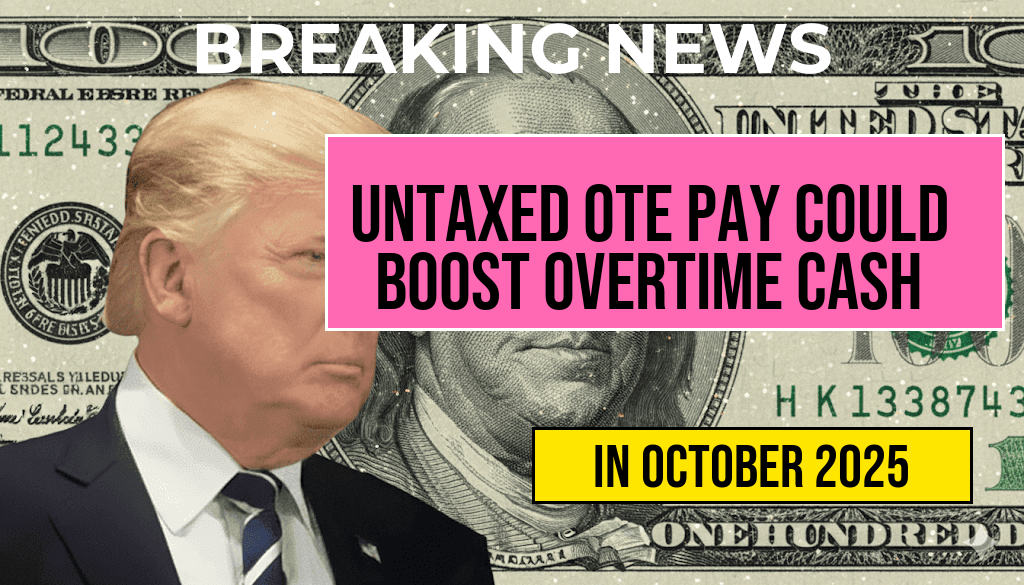A proposal to raise the minimum wage to $25 an hour at major employers could significantly enhance the financial well-being of full-time workers, potentially increasing their annual earnings by approximately $10,400. This substantial wage increase aims to address growing concerns over income inequality and the rising cost of living in many urban areas. According to recent studies, a higher minimum wage could lead to better job satisfaction, reduced employee turnover, and increased consumer spending, thereby stimulating the economy. Advocates argue that such a policy would not only benefit workers but also contribute to a more robust and equitable economy.
Impact on Workers
The proposed wage increase would primarily benefit low-income workers, many of whom struggle to meet basic living expenses. Currently, the federal minimum wage stands at $7.25 per hour, a rate that has not changed since 2009. Many states have enacted higher minimum wages, but a uniform increase to $25 would establish a new standard for compensation across various industries.
- Increased Earnings: Full-time workers currently earning minimum wage would see their annual salary jump from around $15,080 to $31,200.
- Economic Stimulus: Higher wages could lead to increased disposable income, resulting in greater consumer spending.
- Employee Retention: Employers may benefit from reduced turnover rates as workers feel more valued and secure in their positions.
Economic Considerations
Opponents of the wage increase caution that it may lead to unintended consequences, such as job losses or increased prices for goods and services. However, proponents argue that the benefits outweigh the potential drawbacks. Research indicates that raising the minimum wage can lead to increased productivity and lower employee absenteeism.
Potential Job Market Effects
Critics often cite concerns about how a significant wage hike could impact small businesses and the overall job market. They argue that businesses may reduce hiring or increase automation to offset labor costs. Nevertheless, studies from various cities that have implemented minimum wage increases—such as Seattle and San Francisco—reveal that job growth can continue despite higher wages.
Case Studies and Research Findings
Several studies have explored the implications of raising the minimum wage to $15 or higher. A report by the Forbes Finance Council indicates that regions with higher minimum wages tend to see a boost in local economies. Additionally, the National Institutes of Health published findings suggesting that increases in minimum wage correlate with improved health outcomes, as workers experience less financial stress.
| Current Minimum Wage | Proposed Minimum Wage | Annual Earnings (Full-Time) | |
|---|---|---|---|
| $7.25 | $25.00 | $15,080 | $31,200 |
Public Opinion and Political Landscape
Public sentiment around raising the minimum wage is shifting. Recent surveys indicate that a majority of Americans support increasing the minimum wage to at least $15 per hour, with many advocating for even higher standards. Political leaders are increasingly recognizing the importance of this issue, with several states and municipalities already taking action to implement higher wage laws.
As the debate around the minimum wage continues, it is crucial to consider both the potential benefits and challenges associated with such a significant policy change. Gathering data from various regions and economic sectors will be essential in determining the best path forward. Ultimately, raising the minimum wage to $25 at major employers could represent a transformative step toward addressing income inequality and enhancing the quality of life for millions of American workers.
Frequently Asked Questions
What is the proposed minimum wage increase discussed in the article?
The article discusses a proposed increase in the minimum wage to $25 at major employers, which could significantly impact the earnings of full-time workers.
How much could full-time workers potentially earn more annually with this wage increase?
If the minimum wage is raised to $25, full-time workers could see their annual earnings increase by $10,400.
Who would be affected by the minimum wage increase?
The minimum wage increase would primarily affect full-time workers at major employers, potentially benefiting millions of individuals earning near the current minimum wage.
What are some arguments in favor of raising the minimum wage to $25?
Proponents argue that raising the minimum wage to $25 can help reduce poverty, improve the standard of living, and stimulate the economy by increasing consumer spending.
Are there any potential downsides to increasing the minimum wage to $25?
Some critics suggest that a minimum wage increase could lead to job losses, higher prices for consumers, or reduced hours for workers as businesses adjust to the increased labor costs.








